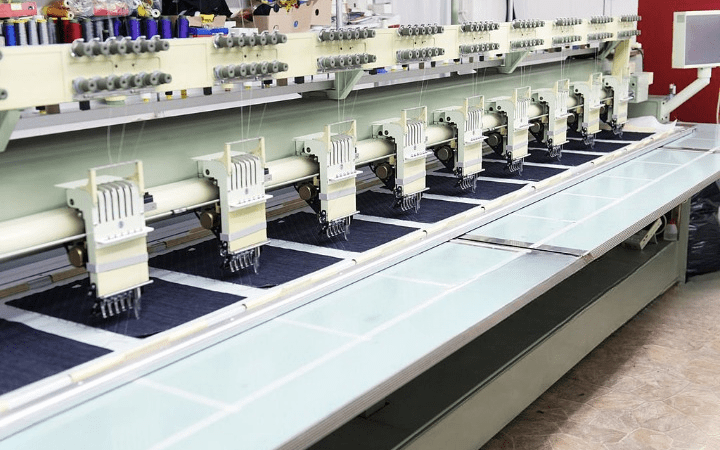Sewing on a patch is a simple way to repair clothes, showcase a unique design, or add personal flair to your accessories. While it might seem straightforward, achieving a polished and secure result requires some preparation and technique.
Step 1: Gather Your Supplies
Start with the essentials: your patch, needle and thread (choose a color to blend in or stand out), scissors, pins or fabric glue, and an iron for iron-on patches. Make sure to wash and dry the fabric first to avoid future shrinkage.
Step 2: Position the Patch
Place the patch where you want it and secure it with pins or a small amount of fabric glue. Check the placement on the garment to ensure it’s perfectly positioned before sewing.
Step 3: Choose a Sewing Method
- Straight Stitch: Great for lightweight fabrics, this method is simple and clean.
- Blanket Stitch: Adds a decorative edge and works well for thicker fabrics.
- Zigzag Stitch: Ideal for durability, especially on denim or uniforms.
Step 4: Hand or Machine Sewing
For hand sewing, use a manageable thread length and sew from the fabric’s back to hide knots. Keep stitches even and avoid pulling too tight to prevent puckering.
For machine sewing, use a clear presser foot for visibility, medium-length stitches, and backstitching to secure the thread.
Step 5: Finishing Touches
Trim any loose threads and check for gaps or weak spots. For an iron-on patch, press it with an iron to smooth it out for a professional finish.
Pro Tips
- Match thread color for a seamless look or use contrasting colors for flair.
- Combine sewing with fabric glue for added durability.
- Patches can go beyond repairs—use them to express your personality on jackets, hats, or bags!
Sewing a patch is both practical and creative. With these tips, you’ll master the art of patching and make every project uniquely yours.


















One reply on “What’s the best way to secure a Custom Patches?”
Polish News
Every sentence feels like a key unlocking something new and valuable.